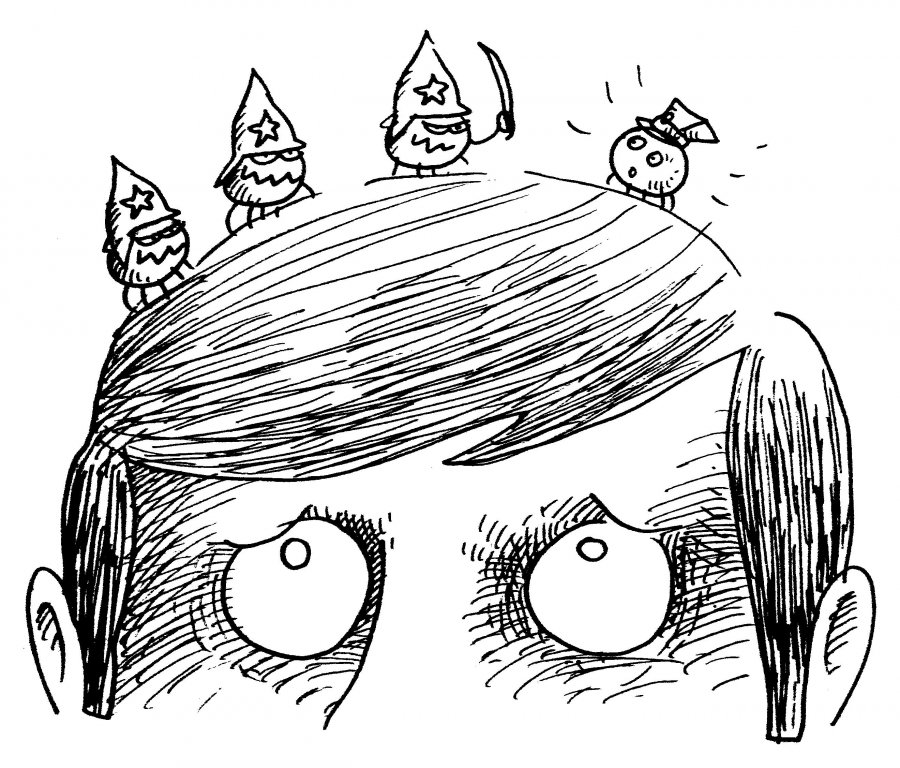

Worse than Italy, besides Malta, are Spain (87%), Greece and Cyprus (88%). The country where cash is used at the highest rate is Malta (92%), while Netherlands represents the best country (only 45%). Italy is above the average by 7 percentage points. This wide discrepancy indicates that people use cash to carry out micropayments.Īre these numbers some kind of anomaly in Europe? Let’s check it out.Īmong the Euro – zone countries, consumers use cash for 78.8% of all transactions. In 2016, Italians perform cash transactions for 85.9% of all payments, equal to 68.4% of the overall volume.

Once reviewed the budget law, a comparison with other European countries would be useful in understanding the severity of the situation. The bleak scenario: comparing Italy with the Eurozone In addition, non-cash payments improves the chances of winning the prizes. Oddly enough, the measure looks tremendously useful, as tickets provided by every shopkeeper guarantees that they are paying their taxes. Three monthly monetary prizes and an annual large jackpot will be given out, in order to encourage consumers to ask for the receipt. According to this provision, every month people can join a lottery thanks to receipts they get by performing transactions.

Lastly, the reform provides for a “receipts lottery” following the Taiwan model. The budget law not only provides for a maximum cash cap on cash transactions of a thousand euros (from 3,000), but also for economic sanctions if shopkeepers refuse debit or credit–card based payments.
PECUNIA NON OLET CO TO ZNACZY CRACK
When less (cash) is betterīack to our issue, the yellow–red government put together a cashless plan in order to boost electronic payments and crack down on tax evasion. What a strange world, that of family men. Moreover, we should highlight that Giorgia Meloni, nowadays defending “the right of family men to gift a thousand euros in cash to their children,” backed the 2011 reform lowering the cash limit from 3000 to 1000 euros. They make up a significant vote bank able to represent the tiebreaker in future elections. Therefore a reasonable suspicion arises that Matteo Salvini and Giorgia Meloni want to fish for votes from the abundance of Italian evaders who do not pay taxes and yet still demand social services. In that sense, they are the perfect assistance to boost tax fraud. In fact, it is hard for supervisory authorities to track cash payments.


 0 kommentar(er)
0 kommentar(er)
